



If you find yourself wandering through the heart of the Czech Republic,Okres Jihlava offers a unique blend of old-world charm and lively local spirit that’s hard to forget. The moment you step into its cobbled streets,there’s this warm,inviting hum—like the city itself is quietly telling stories of centuries past. You’ll notice the soft clatter of footsteps mingling with the distant chime of church bells,while the scent of fresh bread and roasted coffee drifts from cozy cafés,tempting you to pause and soak it all in. Jihlava’s character is deeply rooted in its rich mining history,which you can still feel in the sturdy medieval walls and the intricate underground tunnels beneath the city. But it’s not just about history here; the city pulses with a genuine,down-to-earth vibe. Locals are friendly and unpretentious,often sharing a laugh over a pint of local beer or a plate of hearty Czech fare like svíčková. The markets buzz with fresh produce and handmade crafts,giving you a real taste of everyday life. What really makes Jihlava stand out is its balance—between the quiet moments spent wandering through leafy parks and the lively energy of festivals and street performances. It’s a place where you can lose yourself in art galleries or find unexpected joy in a simple walk along the river,watching the light dance on the water. Visiting here feels like stepping into a story that’s still unfolding,and you get to be part of it.
The information on this page is currently being reviewed by Tripkliq and should be used as a guide only
Eng word: Hello
Eng pronunciation: Ah-hoy
Local language: Ahoj
Eng word: Goodbye
Eng pronunciation: Sbo-hem
Local language: Sbohem
Eng word: Thank you
Eng pronunciation: Dyeh-koo-yee
Local language: Děkuji
Eng word: How much
Eng pronunciation: Ko-leek toh stoh-yee
Local language: Kolik to stojí
Eng word: Toilet
Eng pronunciation: Toh-ah-leh-tah
Local language: Toaleta
Eng word: Help me
Eng pronunciation: Poh-mohz-teh mee
Local language: Pomozte mi
Eng word: Yes
Eng pronunciation: Ah-noh
Local language: Ano
Eng word: No
Eng pronunciation: Neh
Local language: Ne
Eng word: Excuse me
Eng pronunciation: Proh-meen-teh
Local language: Promiňte
Jihlava, one of the oldest mining towns in the Czech Republic, was founded in the 13th century. It quickly became a significant center for silver mining, which contributed to its rapid growth and prosperity.
The city of Jihlava is known for its well-preserved medieval city walls. These fortifications were built in the 14th century to protect the city from invaders and are a testament to its historical significance.
The Church of St. James the Greater is one of Jihlava's most iconic landmarks. Built in the 13th century, this Gothic church features stunning architecture and houses several important religious artifacts.
The Town Hall of Jihlava, constructed in the 14th century, is a beautiful example of Gothic architecture. It has been the center of the city's administration for centuries and is a must-visit for history enthusiasts.
Beneath the streets of Jihlava lies a network of catacombs that date back to the Middle Ages. These underground passages were used for various purposes, including storage and as a refuge during times of war.
The famous composer Gustav Mahler spent part of his childhood in Jihlava. The city honors his legacy with a dedicated museum and various cultural events celebrating his contributions to classical music.
Jihlava has a rich Jewish history, with a community that dates back to the 14th century. The city is home to a beautifully restored synagogue and a Jewish cemetery, both of which offer insights into the cultural heritage of the Jewish population.
The city boasts several stunning examples of Renaissance architecture, including the Church of the Holy Spirit and the House of the Knights of St. John. These buildings reflect the city's historical wealth and artistic heritage.
In the 19th century, Jihlava became an important industrial center, particularly known for its textile industry. The city's industrial heritage is still visible today in its architecture and museums.
In Okres Jihlava, the most common Power Adaptor is Type C, Type E.


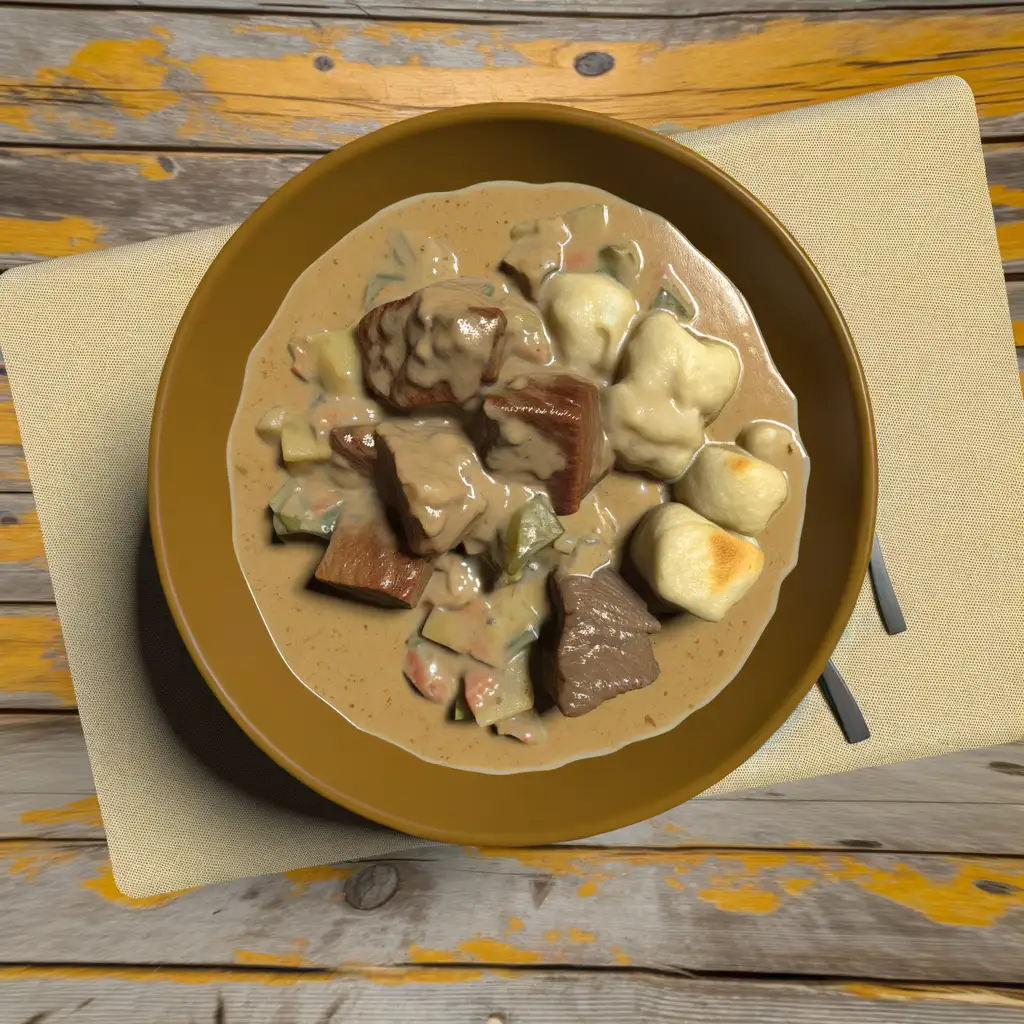
A traditional Czech dish made of marinated beef served with a creamy vegetable sauce, typically accompanied by bread dumplings.
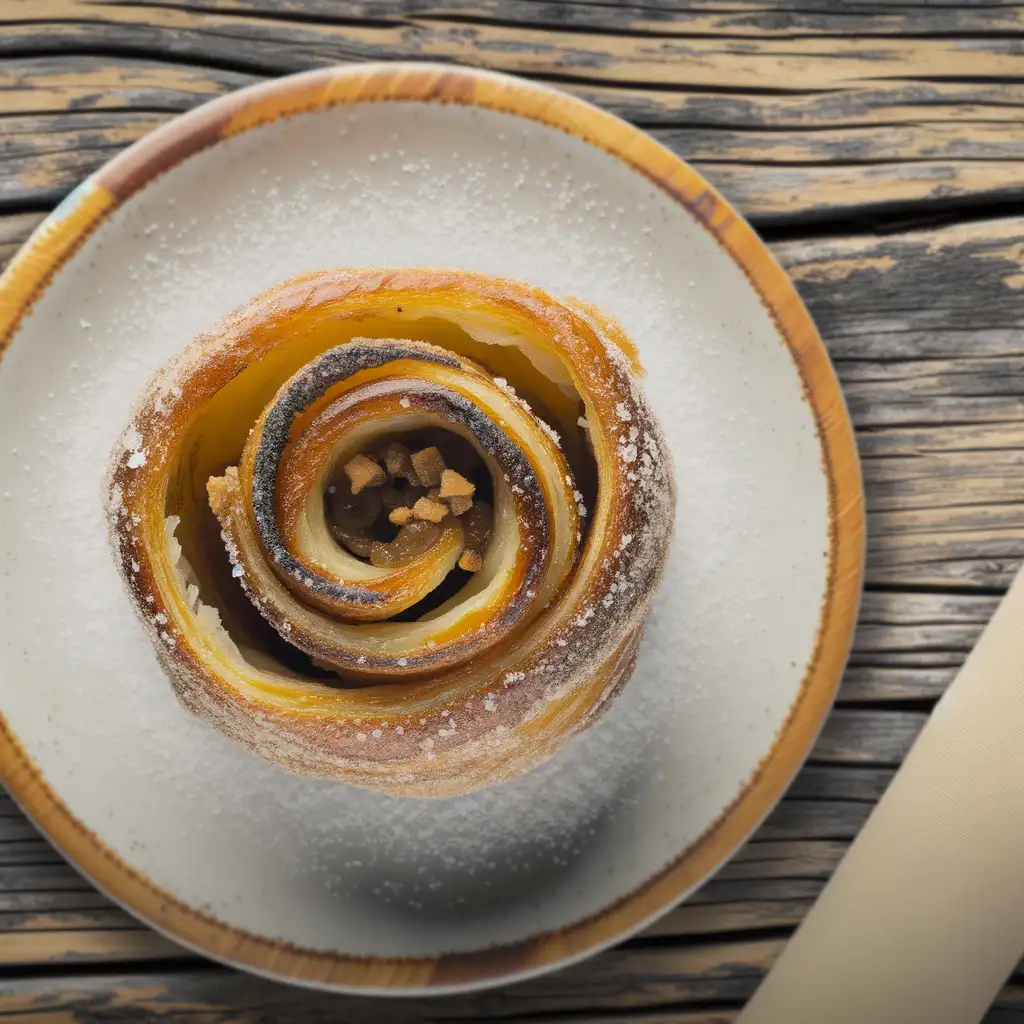
A sweet pastry made from rolled dough that is wrapped around a stick, grilled, and coated with sugar and nuts, often enjoyed as a street food treat.
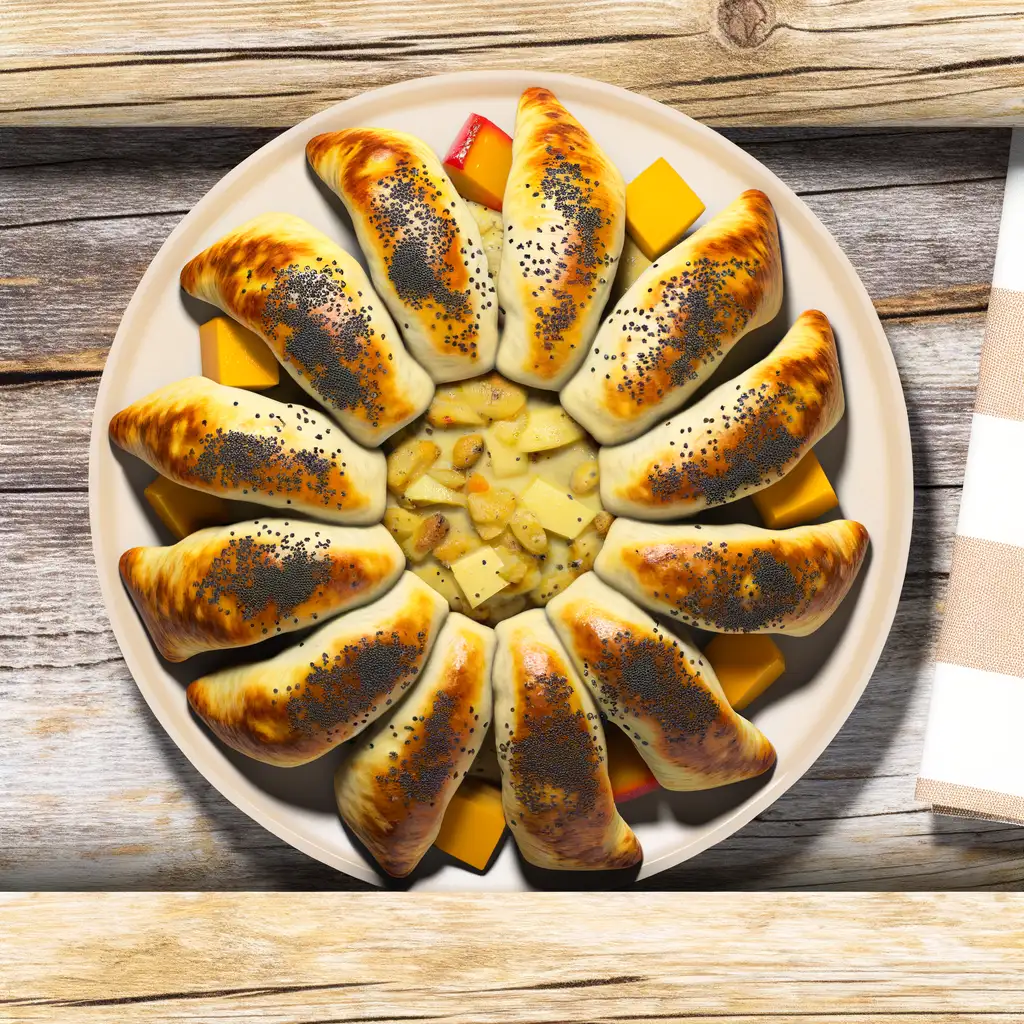
Sweet pastries filled with various fillings such as poppy seeds, fruit, or cheese, popular as a dessert or snack.
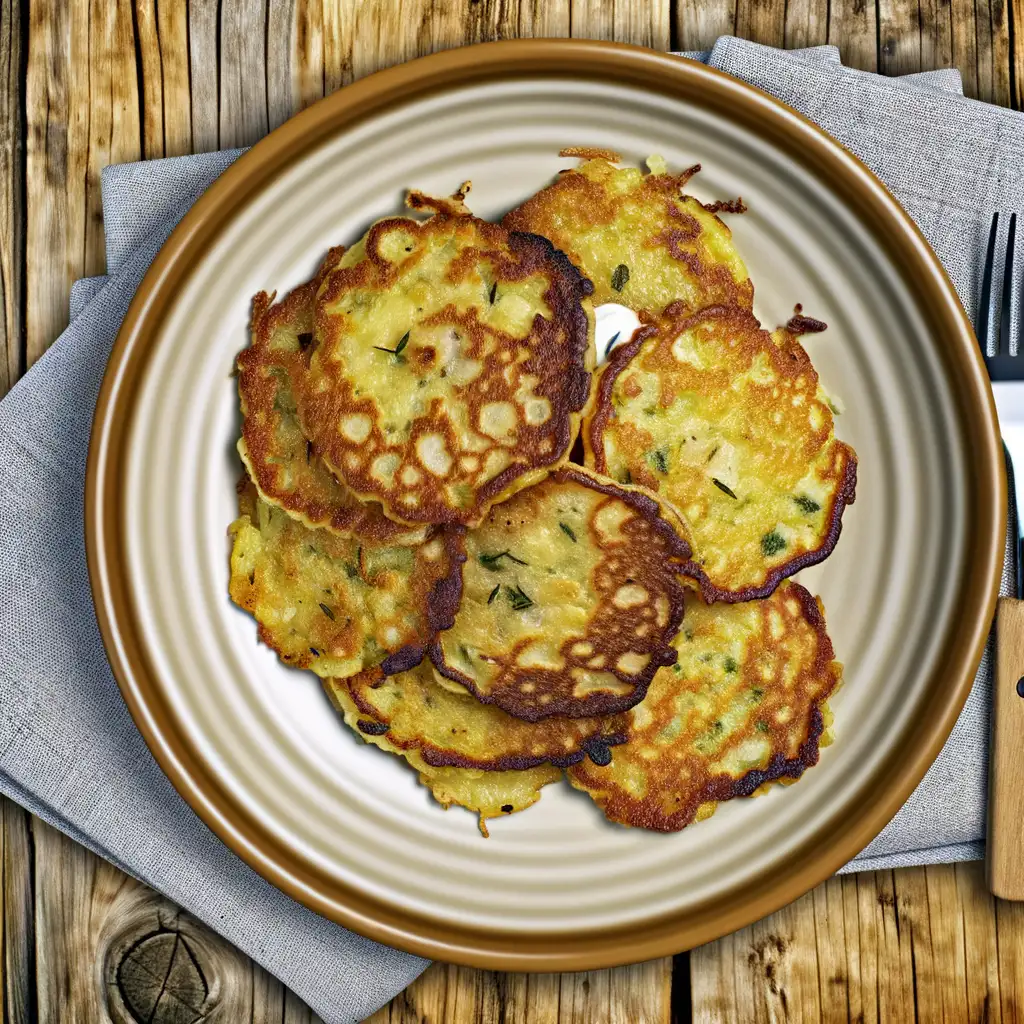
Crispy potato pancakes seasoned with garlic and marjoram, often served with sour cream or as a side dish.
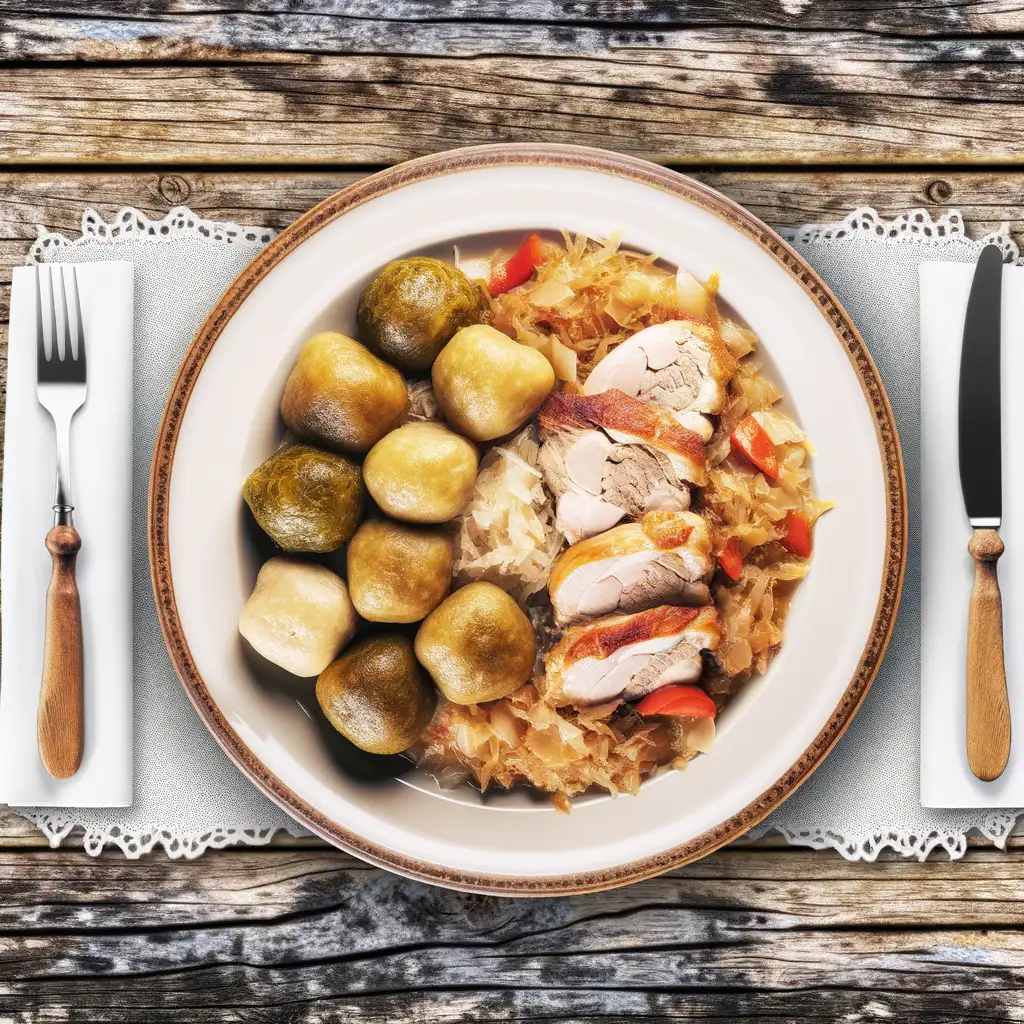
A hearty meal consisting of roasted pork, sauerkraut, and bread dumplings, often enjoyed as a classic Czech comfort food.
Prague feels like stepping into a storybook where every corner hums with history and charm. The moment you wander onto the cobblestone streets of the Old Town,you’re wrapped in a warm,timeless embrace. The air carries a mix of fresh-baked pastries and rich coffee from cozy cafés,mingling with the faint scent of aged wood and stone from centuries-old buildings. As you stroll across the iconic Charles Bridge,the soft murmur of the Vltava River below blends with the distant melodies of street musicians,creating a soundtrack that’s both lively and soothing.
What’s truly captivating about Prague is its effortless blend of old and new. Gothic spires and baroque facades stand proudly alongside vibrant street art and bustling markets. The city pulses with a creative energy,from the quirky art galleries tucked away in narrow alleys to the lively beer gardens where locals and travelers clink glasses over hearty Czech fare. There’s a genuine warmth in the way people share their culture,whether it’s through a friendly chat in a pub or an invitation to a traditional music performance.
At night,Prague transforms into a magical place where the city lights dance on the river’s surface and the aroma of roasted chestnuts fills the air. It’s a city that invites you to slow down,savor every moment,and get lost in its stories. Trust me,once you’ve experienced Prague’s unique rhythm and soul,it stays with you long after you’ve left.
Vienna feels like stepping into a living storybook where every street hums with history and charm. The moment you wander through its grand boulevards,you’re wrapped in a warm embrace of baroque architecture,cozy coffeehouses,and the gentle melodies of street musicians playing waltzes nearby. There’s a rhythm to the city — elegant yet inviting — where the past and present dance together effortlessly.
As you stroll along the Danube or through the lush gardens of Schönbrunn Palace,you catch the scent of freshly baked strudel mingling with the earthy aroma of roasted coffee beans from a nearby café. The city’s café culture is something special; sitting down with a slice of Sachertorte and a strong Viennese coffee feels like a small,delicious ritual. You’ll hear the soft clink of porcelain cups and the murmur of locals deep in conversation,making you feel instantly at home.
Vienna’s character is a blend of refined artistry and genuine warmth. It’s a place where grand opera houses and modern galleries coexist,and where the locals’ pride in their musical heritage is palpable. Whether you’re exploring the vibrant Naschmarkt with its colorful stalls or catching a live performance in a centuries-old concert hall,Vienna invites you to slow down,savor the moment,and soak in its timeless elegance.
Imagine stepping into a city where every corner feels like a scene from a timeless painting—Venice is exactly that kind of place. The moment you arrive,the gentle lapping of water against ancient stone buildings wraps around you like a soft melody. Instead of streets,there are winding canals,and instead of cars,gondolas glide silently beneath ornate bridges,their oars dipping rhythmically into the emerald water. The air carries a mix of salty sea breeze and the faint aroma of fresh espresso and baked pastries from nearby cafés,inviting you to slow down and savor the moment.
Venice has this magical,almost dreamlike quality. The light here is different—soft and golden in the mornings,casting long shadows on the labyrinth of narrow alleys and colorful facades. You’ll find yourself wandering without a map,getting delightfully lost among the bustling markets,where vendors call out in melodic Italian,selling everything from fresh seafood to vibrant Murano glass. The city’s rich history whispers from every corner,from the grandeur of St. Mark’s Basilica to the quiet charm of tucked-away piazzas where locals sip wine and chat as if time has paused.
What makes Venice truly unforgettable is its rhythm—slow,intimate,and deeply human. It’s a place where you can hear the laughter of children playing by the water,the clinking of glasses in cozy trattorias,and the soft hum of a street musician’s violin. Visiting Venice isn’t just about seeing a city; it’s about feeling its heartbeat,tasting its flavors,and becoming part of its endless story.
If you ever find yourself wandering through the sun-drenched streets of Dubrovnik,you’ll immediately feel like you’ve stepped into a living storybook. The city’s ancient stone walls rise proudly against the sparkling Adriatic,and as you stroll along the marble-paved Stradun,the salty sea breeze mingles with the scent of fresh pine and blooming bougainvillea. There’s a rhythm here—a gentle hum of life where history and modern charm dance together effortlessly.
Dubrovnik’s character is woven into every corner:the clatter of café cups,the murmur of locals chatting in cozy taverns,and the distant call of seagulls overhead. You can almost taste the city in the air—briny and fresh,with hints of grilled seafood and ripe figs from the markets. Sitting at a seaside restaurant,watching the sun dip behind the fortress walls,you’ll savor dishes bursting with Mediterranean flavors,paired with a glass of crisp Croatian white wine.
What makes Dubrovnik truly special is how it balances its rich past with a vibrant present. The city’s narrow alleys invite exploration,revealing tucked-away galleries,artisan shops,and lively squares where music spills out into the streets. Whether you’re tracing the footsteps of ancient mariners or simply soaking up the golden light on a quiet terrace,Dubrovnik feels like a warm embrace—inviting,timeless,and utterly unforgettable.
If you ever find yourself wandering through Split,it’s like stepping into a living,breathing storybook where ancient history and vibrant modern life dance together effortlessly. The moment you stroll along the Riva promenade,the salty breeze from the Adriatic mingles with the aroma of fresh espresso and grilled seafood wafting from nearby cafés. Locals chat animatedly in the sun-dappled squares,their laughter blending with the distant hum of boats bobbing gently in the harbor. There’s a laid-back energy here that feels both timeless and alive,inviting you to slow down and soak it all in.
Split’s heart beats strongest in Diocletian’s Palace,a sprawling Roman fortress that’s less a museum and more a neighborhood where people live,shop,and gather. Walking through its ancient stone alleys,you’ll catch glimpses of colorful markets,artisan shops,and cozy taverns tucked into centuries-old walls. At night,the city transforms as lanterns flicker on,and the sound of live klapa singing—traditional a cappella harmonies—drifts through the air,wrapping you in a warm,soulful embrace.
What really makes Split unforgettable is how effortlessly it blends the old with the new. You can savor a plate of fresh octopus salad while watching fishermen haul in their catch,then wander to a rooftop bar for a cocktail as the sun sets behind the islands. It’s a place where every corner tells a story,every meal feels like a celebration,and every moment invites you to become part of its ongoing tale.
Athens feels like stepping into a living storybook where ancient history and vibrant modern life dance together effortlessly. The moment you wander through its sun-drenched streets,you’re greeted by the warm hum of chatter spilling from cozy cafés,the scent of freshly baked bread mingling with salty sea air. The city’s heartbeat is unmistakable—whether it’s the clinking of glasses in a bustling taverna or the distant echo of footsteps climbing the Acropolis at sunset.
What makes Athens truly captivating is its raw,unpolished charm. You’ll find crumbling ruins nestled beside colorful street art,and locals who greet you with genuine smiles and a generous spirit. The city pulses with creativity—from lively markets where vendors call out their freshest olives and figs,to rooftop bars where you sip ouzo while the Parthenon glows golden against the twilight sky.
Athens invites you to slow down and savor its layers. Taste the tang of lemon in a perfectly grilled souvlaki,feel the rough stone of ancient columns beneath your fingertips,and listen to the mix of languages and laughter that fills the air. It’s a place where every corner tells a story,and every meal feels like a celebration. If you want a city that’s alive with history yet buzzing with contemporary energy,Athens will wrap you in its warm,timeless embrace.
Tourists using ATMs may fall victim to skimming devices that steal card information, leading to unauthorized transactions.
Tourists may encounter currency exchange offices offering attractive rates, but hidden fees or unfavorable exchange rates are applied, leaving visitors with less money than expected.
Scammers posing as charity workers may approach tourists, asking for donations for fake causes or organizations.
Scammers may sell counterfeit tickets for local attractions or offer fake guided tours, leaving tourists unable to access the sites or receive the promised services.
Crowded areas, such as markets or public transportation, are hotspots for pickpockets who target distracted tourists for wallets, phones, and other valuables.
Some restaurants may inflate bills for tourists by adding hidden charges, such as service fees, or charging for items that were not ordered.
Street performers may ask for a 'donation' after engaging tourists, but then demand an unexpectedly high amount of money.
Some taxi drivers may overcharge tourists by taking longer routes or not using the meter, especially for trips to and from the train station or airport.
The possession, use, and distribution of illegal drugs are strictly prohibited in Okres Jihlava and the Czech Republic. While the possession of small amounts of cannabis for personal use has been decriminalized, it is still illegal and can result in fines. The use of other drugs is subject to severe penalties, including imprisonment. Tourists should avoid any involvement with illegal drugs to avoid legal consequences.
In Okres Jihlava, as in the rest of the Czech Republic, smoking is prohibited in indoor public spaces, including restaurants, bars, and public transportation. There are designated smoking areas in some public places, but it is important to look for signs indicating where smoking is allowed. Smoking is also banned in certain outdoor areas, such as playgrounds and sports facilities.
Vaping is subject to similar regulations as smoking in Okres Jihlava. It is prohibited in indoor public spaces, including restaurants, bars, and public transportation. Vaping is also restricted in certain outdoor areas, such as playgrounds and sports facilities. Tourists should look for designated vaping areas and adhere to local signage.
What are other people saying about Okres Jihlava?
Recent Social posts about Okres Jihlava
There is nothing to show you for now.